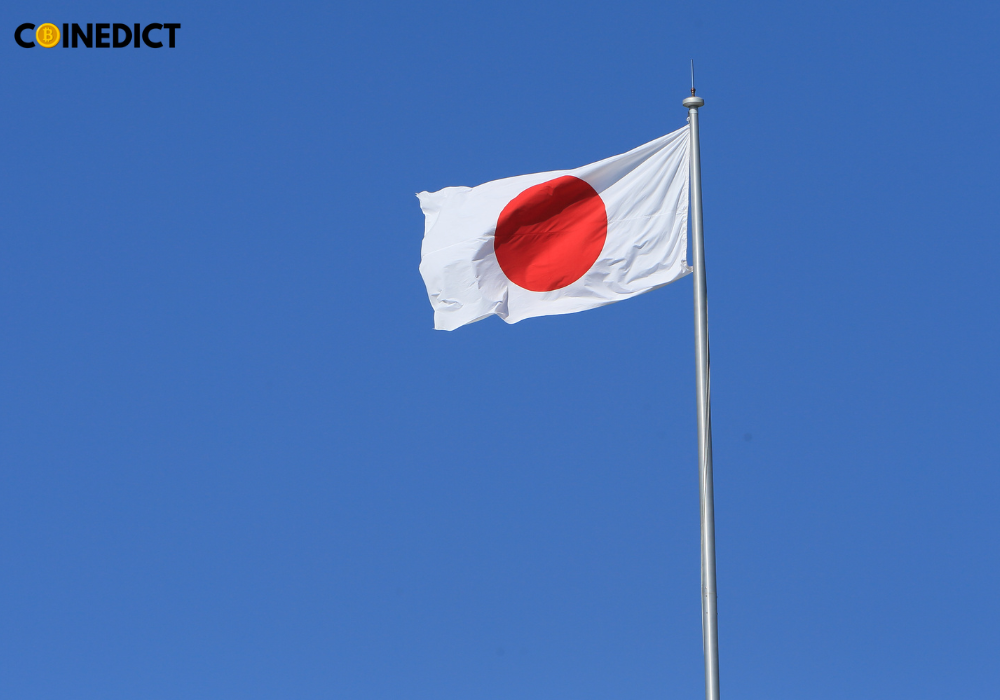With Japan’s national election fast approaching, political parties are increasingly focusing on cryptocurrency tax reform as a key campaign issue. The country’s Democratic Party for the People (DPP) has been vocal about its plans to attract crypto-savvy voters by advocating for a more favorable tax environment for digital assets. However, the DPP is not alone in recognizing the significance of crypto in Japan’s evolving financial landscape, as other major parties have also started to highlight crypto tax reform as part of their policy platforms.
Current Crypto Tax Structure in Japan
Japan is one of the early adopters of cryptocurrency regulation, establishing a legal framework for digital assets back in 2017. However, the current tax system for crypto transactions has faced criticism from traders, investors, and even businesses for being overly complex and punitive. Key issues include:
- High Tax Rates: Profits from cryptocurrency trading are currently taxed as “miscellaneous income,” subject to rates as high as 55% depending on income brackets. This is significantly higher than capital gains tax rates, which apply to other investment categories like stocks.
- Annual Taxation on Unrealized Gains: Some crypto holders have been hit with taxes on unrealized gains, especially when assets appreciate significantly within a fiscal year, creating a potential liquidity problem for those without enough cash reserves.
- Lack of Clear Guidelines: Despite the regulatory framework, many crypto investors still find the tax guidelines confusing, particularly when it comes to DeFi, staking, and cross-border crypto transactions.
The Democratic Party for the People’s Push for Reform
The Democratic Party for the People (DPP) has positioned itself as one of the leading advocates for crypto tax reform. As Japan’s election draws near, the party is focusing on creating a tax system that is more aligned with the realities of digital assets and the global crypto landscape.
DPP’s Proposed Reforms:
- Lower Tax Rates on Crypto Gains: The DPP is proposing to tax crypto gains as capital gains, which would lower the maximum tax rate from 55% to around 20%, similar to how stocks and mutual funds are taxed.
- Deferral of Unrealized Gains: The party also aims to remove taxes on unrealized gains, which have been a major pain point for crypto investors who struggle with liquidity issues.
- Simplified Tax Filing: The DPP is advocating for clearer guidelines and simplified tax filing for crypto transactions, making it easier for individuals and businesses to comply with regulations.
By promoting these changes, the DPP hopes to attract younger, tech-savvy voters who see cryptocurrencies as an integral part of their financial future.
Other Political Parties Join the Conversation
The DPP’s stance on crypto tax reform has sparked broader discussions among Japan’s other major political parties. Recognizing the potential for economic growth and innovation, several parties have also begun to incorporate crypto-friendly policies into their platforms:
- Liberal Democratic Party (LDP): The ruling party has acknowledged the need for reforms, albeit with a more cautious approach. The LDP has proposed studying the impact of crypto tax policies on innovation and investment before making sweeping changes, suggesting a more gradual shift toward favorable regulations.
- Constitutional Democratic Party of Japan (CDP): The CDP has expressed interest in exploring reforms that would support blockchain technology development, including reducing tax burdens on crypto investors and blockchain startups. The party sees this as a way to boost Japan’s competitiveness in the global tech economy.
- Innovation Party of Japan (Nippon Ishin no Kai): Known for its tech-friendly stance, the Innovation Party has been vocal about modernizing Japan’s tax system to better support crypto adoption and the digital economy. The party’s proposals include lowering tax rates and providing incentives for crypto businesses.
Why Crypto Tax Reform Is a Key Election Issue
Several factors have pushed crypto tax reform to the forefront of Japan’s election discussions:
- Rising Crypto Adoption: Japan has one of the highest rates of cryptocurrency adoption in the world, with a growing number of investors, traders, and businesses engaging with digital assets. Voters are increasingly interested in policies that support and encourage the use of crypto.
- Global Competition: Other countries like Singapore, Switzerland, and the United Arab Emirates have implemented more favorable crypto tax policies, making them attractive hubs for crypto businesses and investors. Japan’s political leaders see the need to compete with these jurisdictions to retain and attract blockchain talent and investment.
- Economic Growth and Innovation: Supporters of crypto tax reform argue that a more supportive tax environment could boost innovation, create jobs, and contribute to economic growth. By reducing barriers, Japan could position itself as a global leader in blockchain and digital finance.
- Voter Demographics: With younger voters showing greater interest in digital assets, political parties are using crypto tax reform as a way to engage this demographic. The move is seen as part of a broader effort to modernize financial policies and reflect changing attitudes toward investment.
What’s Next for Japan’s Crypto Tax Policy?
As the election date draws closer, crypto tax reform is likely to become a more prominent issue in campaign debates, policy discussions, and political advertisements. The outcomes of the election could have a significant impact on the future of cryptocurrency regulation in Japan:
- Potential for Immediate Reforms: If pro-reform parties like the DPP gain traction, Japan could see faster implementation of crypto tax changes, making it easier for individuals and businesses to invest in digital assets.
- Gradual Shift with Broader Consensus: Even if the ruling LDP retains power, the increasing interest from voters and other political parties in crypto-friendly policies could lead to more gradual reforms, aimed at balancing innovation with regulatory oversight.
- Global Implications: Japan’s approach to crypto tax reform could influence other countries, especially in Asia, to rethink their own regulatory frameworks. As one of the world’s leading economies, Japan’s stance on crypto taxation carries weight in the global market.
Conclusion: Crypto as a Catalyst for Change
As Japan prepares for its upcoming elections, crypto tax reform has emerged as a key issue, driven by both political strategy and economic necessity. With multiple parties advocating for changes to the current tax system, voters have a clear opportunity to shape the future of cryptocurrency policy in the country. Whether through immediate changes or gradual adjustments, the focus on digital asset regulation reflects Japan’s recognition of crypto as a catalyst for economic growth and technological innovation.











